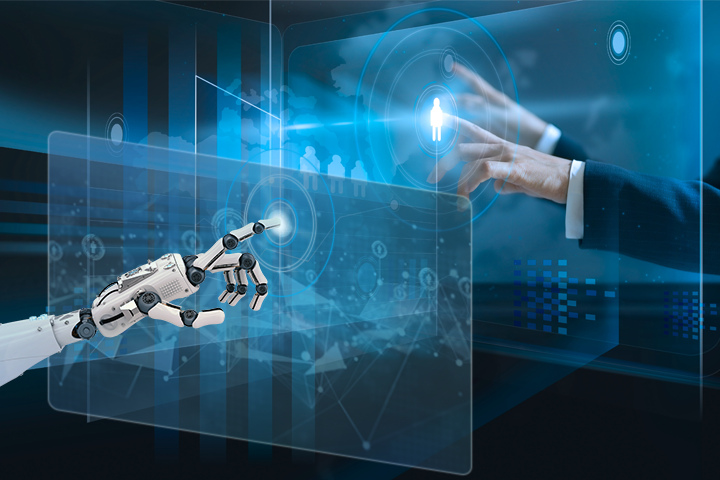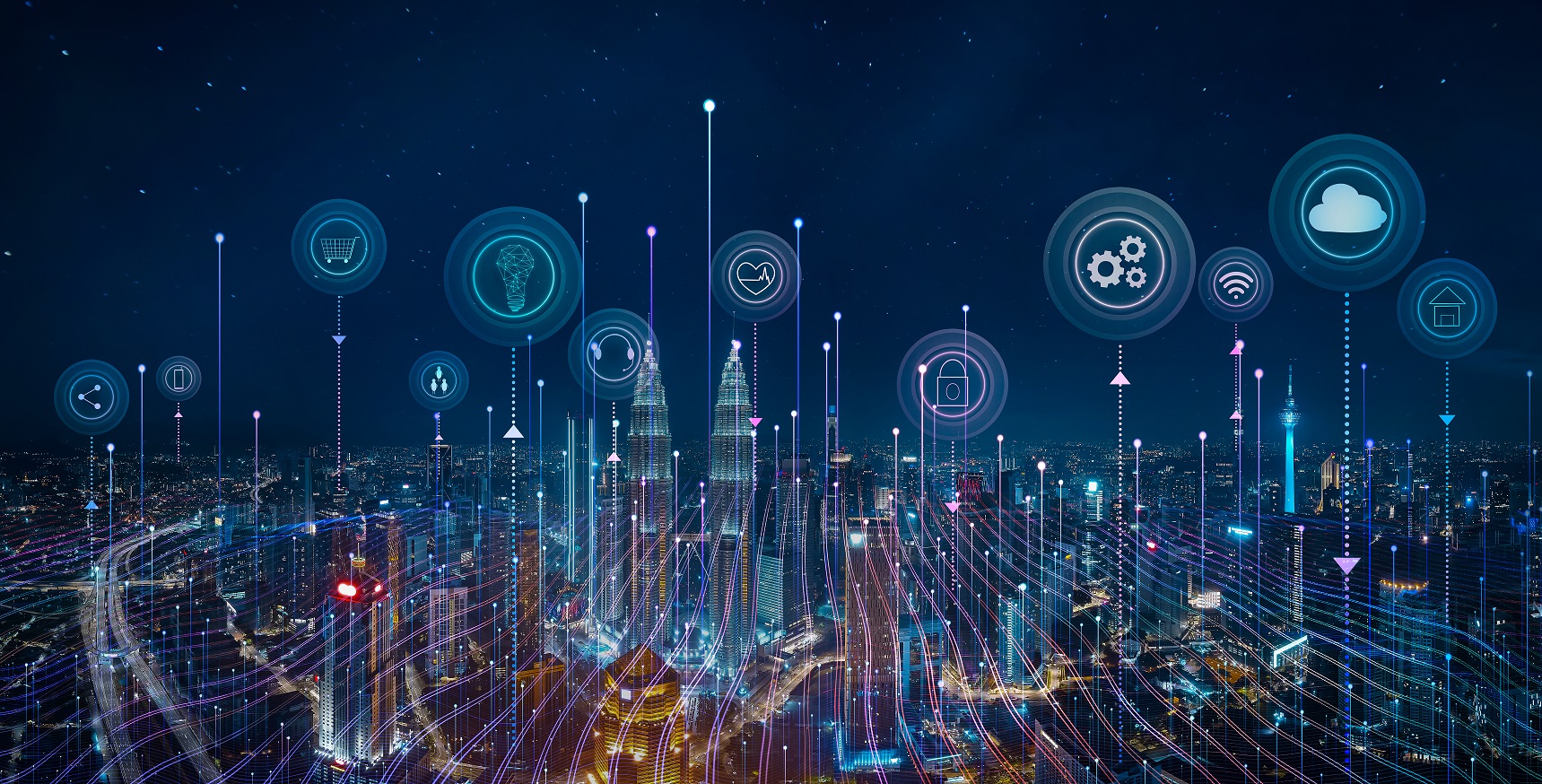As we forge ahead into the 21st century, technology continues to shape our lives in ways previously unimaginable. The relentless pace of innovation is not only transforming the way we interact with the world but also redefining the boundaries of what is possible. From artificial intelligence (AI) and quantum computing to advancements in biotechnology and sustainable tech, the future of technology is a thrilling landscape filled with opportunities and challenges.
Artificial Intelligence: The Next Evolution
Artificial Intelligence (AI) is arguably the most transformative force in technology today. Its applications are diverse, ranging from everyday conveniences like voice assistants and recommendation algorithms to more complex systems in autonomous vehicles and predictive healthcare. AI’s ability to analyze vast amounts of data and learn from patterns is driving advancements across various sectors.
In the future, AI promises to further revolutionize industries by enhancing decision-making processes and enabling new levels of automation. For example, in healthcare, AI-driven diagnostics could lead to earlier detection of diseases and more personalized treatment plans. Similarly, in finance, AI could optimize investment strategies and detect fraudulent activities with unprecedented accuracy. However, this rapid development also raises ethical questions about data privacy, job displacement, and the potential for biased algorithms, which need to be addressed as we move forward.
Quantum Computing: Breaking the Limits
Quantum computing represents another significant leap in technological evolution. Unlike classical computers, which use bits as the basic unit of information, quantum computers utilize qubits that can represent and process multiple states simultaneously. This ability could exponentially increase computing power, solving complex problems that are currently intractable for classical systems.
The potential applications of quantum computing are vast, from optimizing logistics and drug discovery to advancing artificial intelligence and cryptography. However, the technology is still in its nascent stages, with many technical hurdles to overcome before it can achieve practical, widespread use. Researchers are working to stabilize qubits and increase computational coherence, which are crucial steps toward making quantum computing a reality.
Biotechnology: Transforming Health and Beyond
Biotechnology is another field poised for remarkable advancements. The integration of technology with biological systems is enabling groundbreaking developments in medicine and agriculture. Techniques like CRISPR-Cas9, a powerful tool for genetic editing, are revolutionizing our ability to modify DNA with precision, potentially curing genetic disorders and enhancing crop resilience.
In personalized medicine, biotechnology is paving the way for treatments tailored to individual genetic profiles, which could significantly improve outcomes for patients. Additionally, biotech innovations are contributing to sustainable agriculture by creating genetically modified organisms (GMOs) that require fewer resources and are more resistant to pests and diseases.
Despite its promise, biotechnology also raises ethical and regulatory concerns, particularly around genetic modification and the potential long-term impacts on ecosystems and human health. As the technology progresses, it will be crucial to balance innovation with responsible stewardship.
Sustainable Technology: Addressing Climate Change
With climate change becoming an increasingly pressing issue, sustainable technology is gaining momentum. Innovations in renewable energy, such as solar and wind power, are becoming more efficient and cost-effective, reducing our reliance on fossil fuels. Advances in energy storage, like high-capacity batteries and hydrogen fuel cells, are critical for managing the intermittent nature of renewable energy sources.
Moreover, sustainable technology extends beyond energy to areas such as waste management and green building practices. For instance, smart grids and IoT (Internet of Things) devices are helping to optimize energy usage and reduce waste. Additionally, new materials and construction techniques are making buildings more energy-efficient and environmentally friendly.
The challenge lies in accelerating the adoption of these technologies and integrating them into existing infrastructure. Policymakers, businesses, and consumers all have roles to play in driving the transition toward a more sustainable future.
The Ethical Dimension: Navigating the Challenges
As technology advances, ethical considerations become increasingly important. The rapid development of AI, biotechnology, and other fields presents challenges related to privacy, security, and equity. Ensuring that technological progress benefits all of humanity requires thoughtful regulation and inclusive dialogue.
For instance, as AI systems become more prevalent, addressing issues of bias and transparency is critical to preventing discrimination and ensuring fairness. In biotechnology, ethical guidelines must govern genetic modifications and ensure that advancements do not exacerbate existing inequalities.
Moreover, the global nature of technology means that international cooperation is essential in addressing these challenges. Collaborative efforts can help establish global standards and norms that safeguard ethical principles while fostering innovation.
Conclusion: Embracing the Future
The future of technology holds immense promise and potential. As we navigate this ever-evolving landscape, it is vital to approach innovation with a balanced perspective, recognizing both its benefits and its risks. By fostering responsible development and ethical practices, we can harness the power of technology to create a more equitable and sustainable world.
In this journey, embracing the opportunities and addressing the challenges will require collaboration among technologists, policymakers, and society at large. The horizon is full of possibilities, and with thoughtful stewardship, we can shape a future where technology enhances the human experience and contributes to the well-being of our planet.



